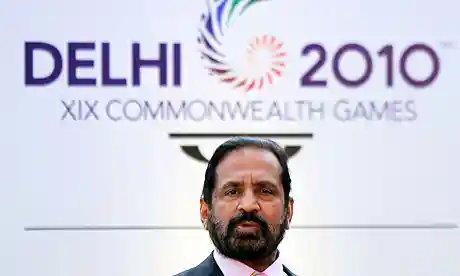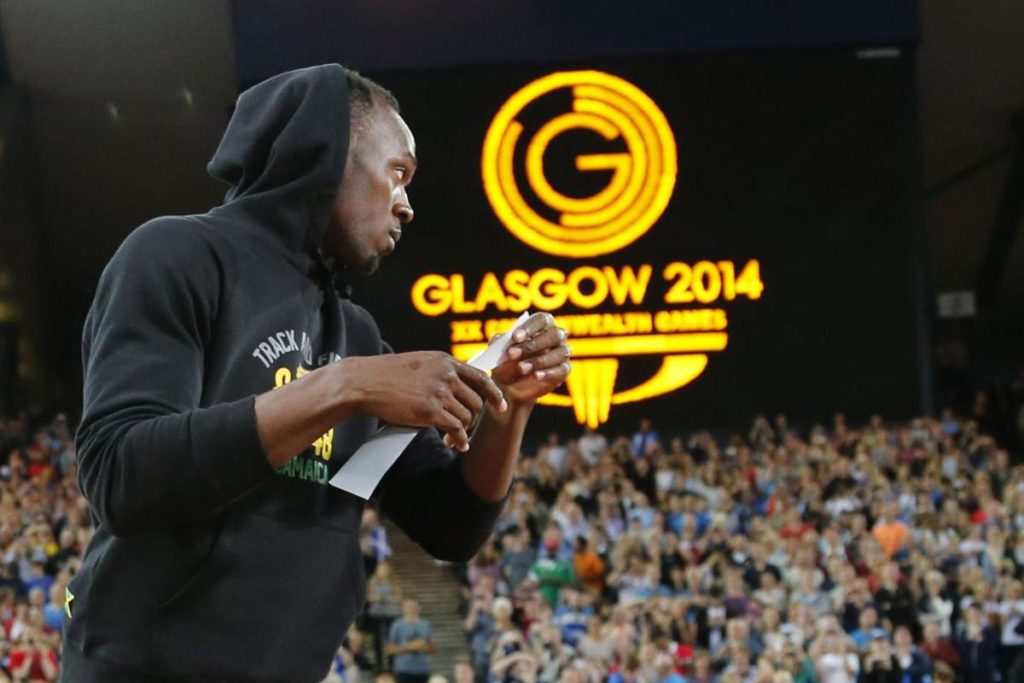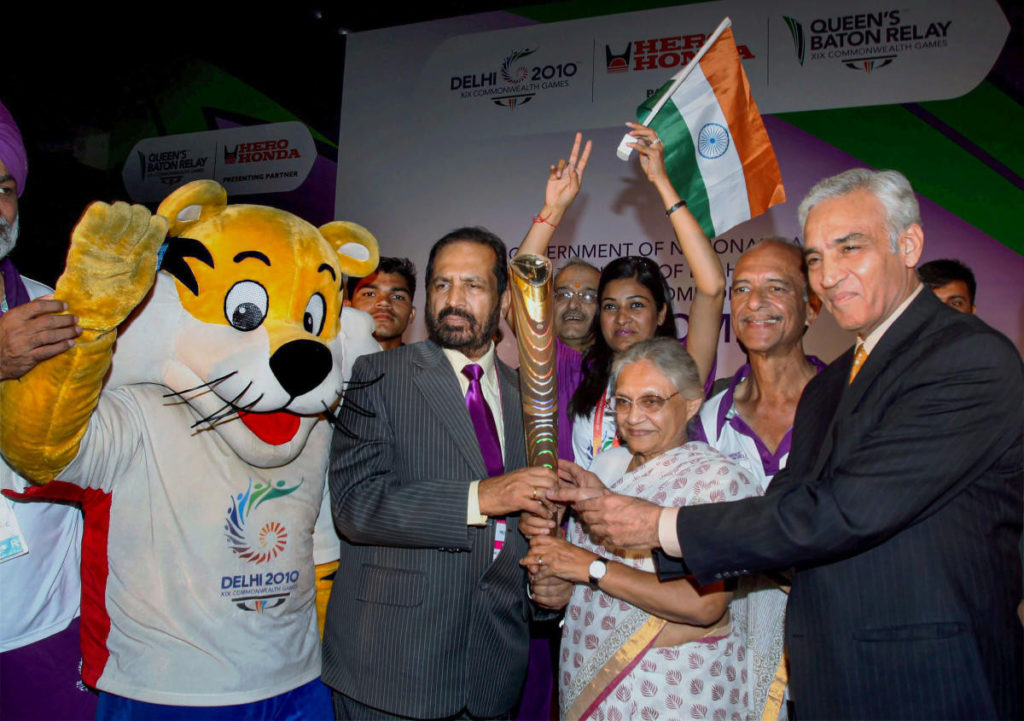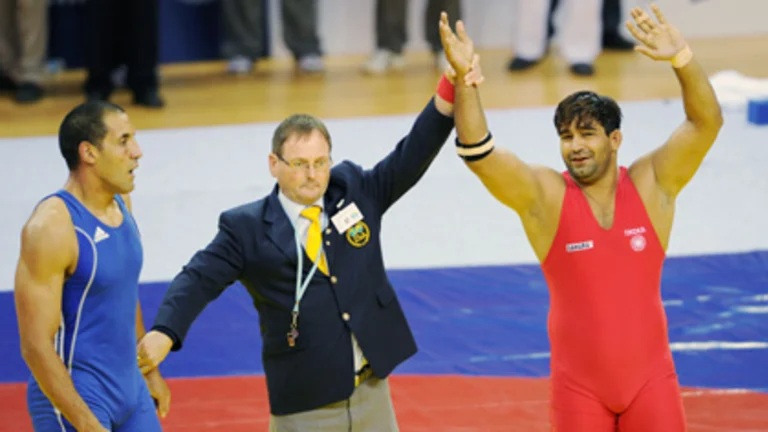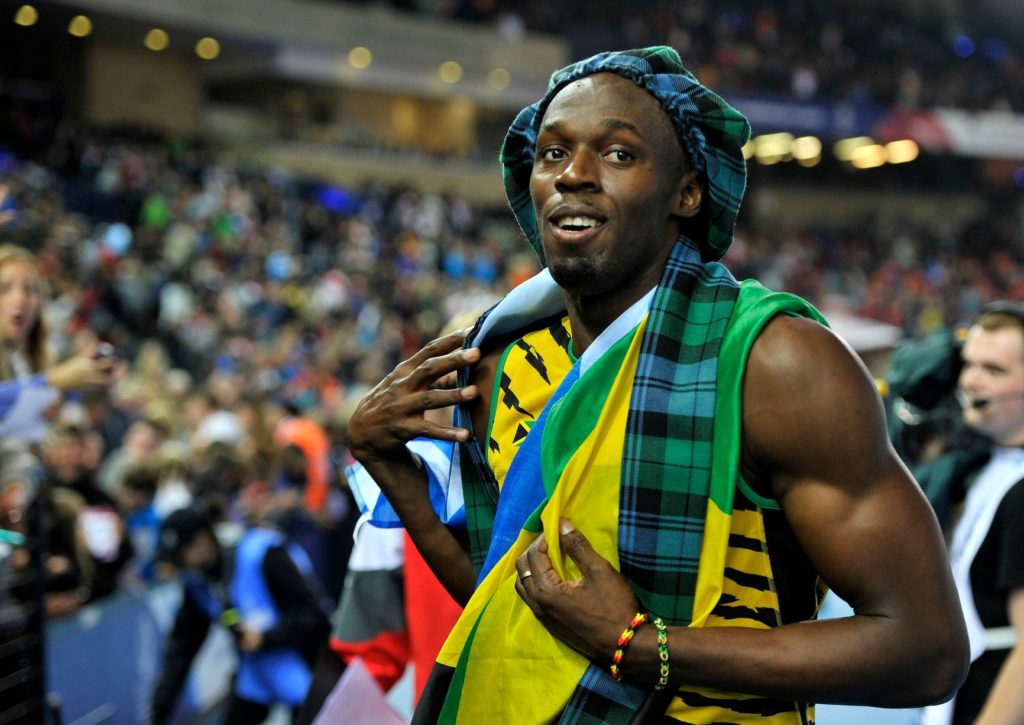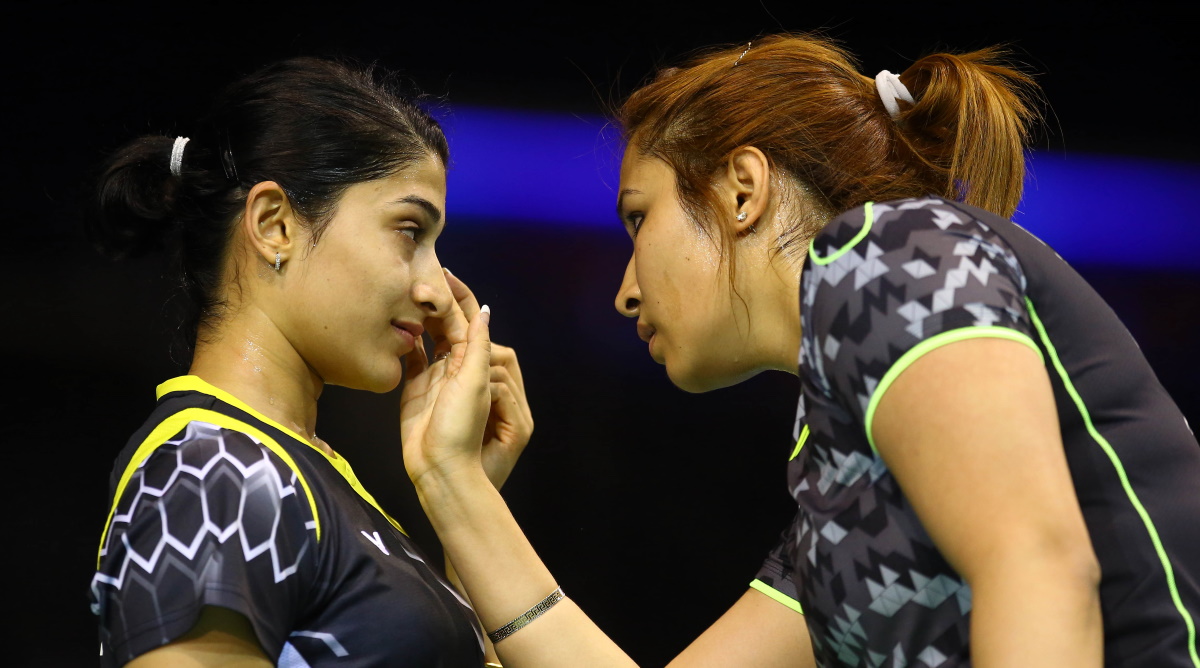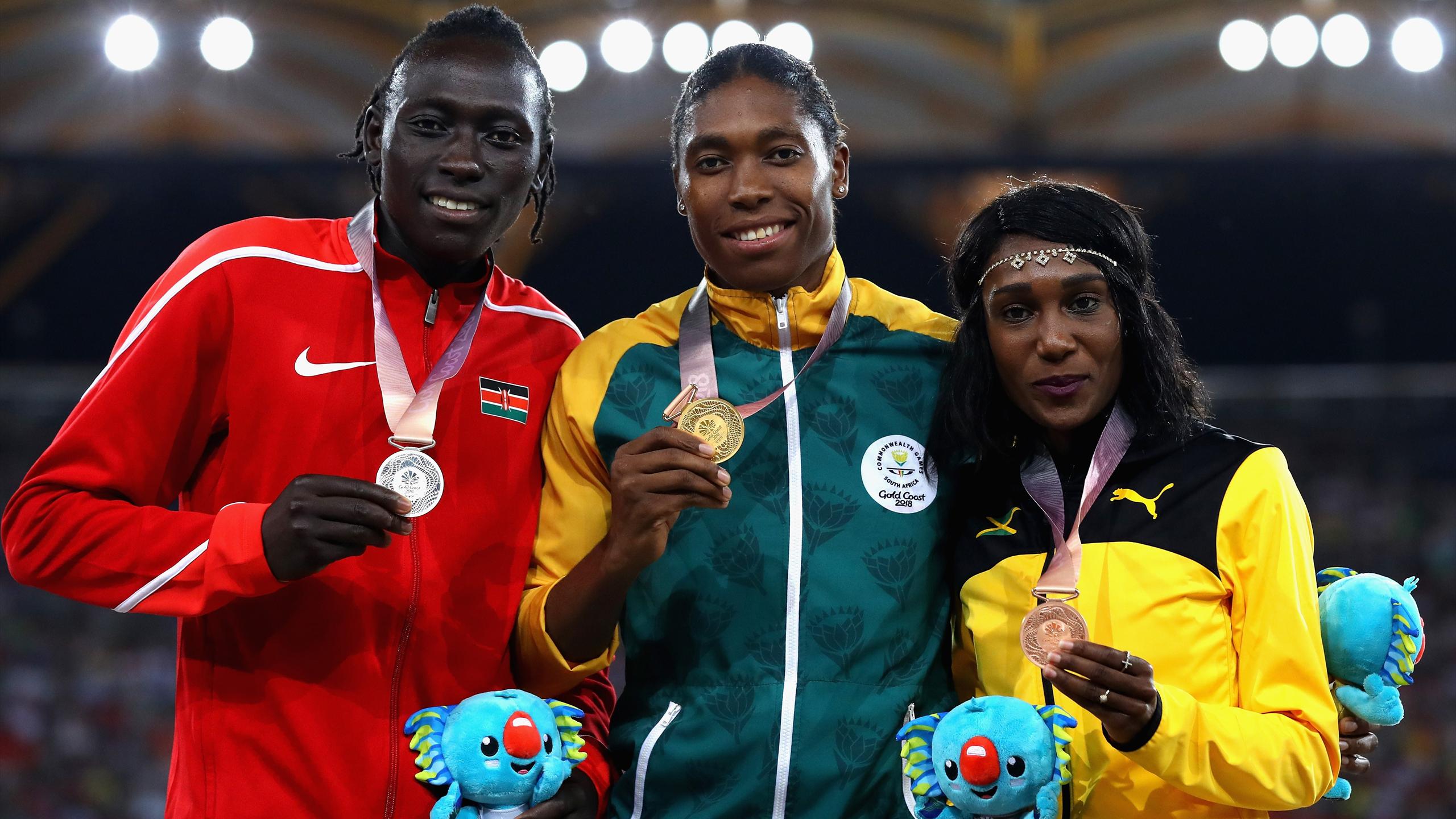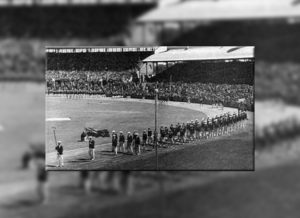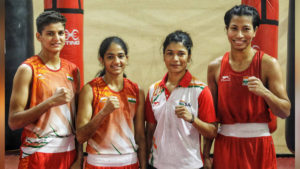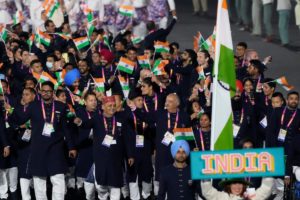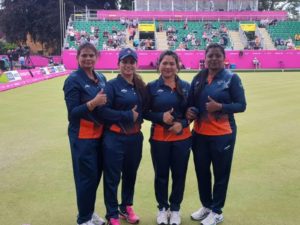Top 5 Controversies in Commonwealth Games
With the spotlight veering away from months of action-packed cricketing and footballing prowess, the all-important Commonwealth Games 2022 is set to take center stage this month, with a plethora of sporting geniuses gracing Birmingham to exhibit their sumptuous art to the world and be awarded accordingly.
This well-deserved limelight pushes underdog tales to the forefront of people’s minds, breathes new life into neglected nations, and celebrates the occasion as a single-family, unfettered by boundaries and bonded by the passion for the game.
However, this global attention may unveil dark and unforgiving realities about the sport we all love and cherish.
Controversies are never entirely black or white, but rather varying shades of grey.
With that said, here are the top 5 controversies in Commonwealth Games,
2010 Commonwealth Games
1.) In the build-up to the event, four wrestlers, a shot putter, and two swimmers from India tested positive for methylhexanamine. Four other athletes who were not selected for the Games in India’s capital also failed drug tests at other training camps throughout the country.
The winner of the women’s 100-meter sprint, Oludamola Osayomi, was alleged to have tested positive for a prohibited substance, which was later confirmed to be the stimulant methylhexanamine. Another Nigerian competitor, hurdler Samuel Okon, who finished sixth in the 110m hurdles, tested positive for the same substance.
Three of the four women on India’s gold-medal-winning 400m relay team tested positive for performance-enhancing substances in 2011. Sini Jose and Jauna Murmu, two of the sprinters, tested positive for the anabolic steroid methandienone, and Tiana Mary Thomas tested positive for epi-methandienone.
2.) After making an offhand remark toward the international FILA judges during the final, Australian wrestler Hassene Fkiri was disqualified from the 96 kg Greco-Roman event and deprived of the silver medal.
According to an Australian official, Fkiri was enraged at his Indian counterpart Anil Kumar, whom he accused of violating the rules many times during the first round by gripping Fkiri around the neck and head using two hands.
The Australian was handed his first warning after making a remark to the referee as he went off the mat at the end of the two-minute round; when Kumar repeated the maneuver in the next round, Fkiri headbutted him and was given a second caution.
He then started throwing his arms violently, earning him his third and final warning and consequent disqualification. Fkiri declined to shake hands with the winner after the loss.
2014 Commonwealth Games
3.) In 2014, Jitu Rai, the world number one in 10m air pistol, was not picked for India’s shooting squad for the Commonwealth Games, sparking a significant controversy. Rai himself was surprised by his exclusion from the air pistol squad.
The selection policy stated that whoever shot the best ahead to the selection trial was picked, regardless of world rankings. Prakash Nanjappa and Om Prakash were chosen ahead of Rai. While Nanjappa went on to win the silver medal in the 10m air pistol category, Om Prakash finished ninth in the same event.
If Rai had qualified for this competition, India might have easily earned another gold medal. However, he made the nation proud by claiming gold in the 50m pistol contest.
4.) Jwala Gutta was unhappy with the selectors after losing the decisive women’s doubles match against Singapore in the Badminton mixed team event, which would have guaranteed India a bronze medal finish in the event.
They were disappointed, she said, as they had won silver in the previous Games. They intended to perform the same or even better this time around, but she claimed that without a specialized mixed doubles player as a partner at such a massive event, it was an impractical goal.
Jwala Gutta and Ashwini Ponnappa were defeated by Singapore’s Shinta Mulia Sari and Yao Lei in their pivotal women’s doubles encounter. According to Jwala, India undoubtedly missed a handful of badminton medals at the 2014 CWG due to selection irregularities.
2018 Commonwealth Games
5.) At least 13 athletes from four nations – Cameroon, Uganda, Rwanda, and Sierra Leone – went missing during or shortly after the Games. Some individuals failed to compete as well. Competitors frequently flee important athletic events, and many later seek refuge in their host nations.
Most have nationalities classified high-risk by immigration officials, making visas hard to get outside of extraordinary situations such as prominent sporting events. Officials believed that about fifty athletes stayed in Australia illegally a month after the games concluded, with another 200 continuing on visas.
Official documents revealed in 2019 that the Department of Home Affairs had dismissed the immigration petitions of 217 out of 230 athletes.
Those documents also disclosed that 17 “unauthorized non-citizens” who participated in the Commonwealth Games remained in Australia, 14 of whom were from Ghana and Rwanda. A further thirteen people had gone missing, and four were detained. After the Games, one-third of Cameroon’s squad went missing too.


